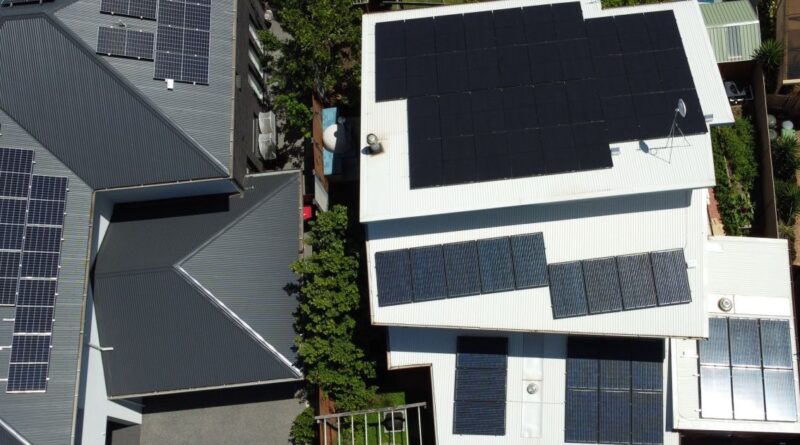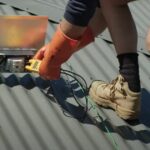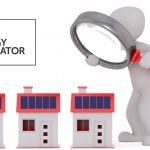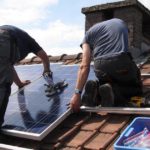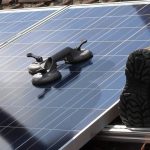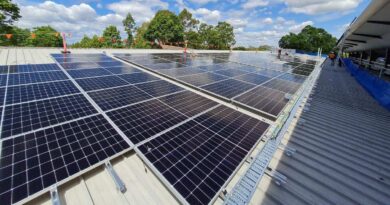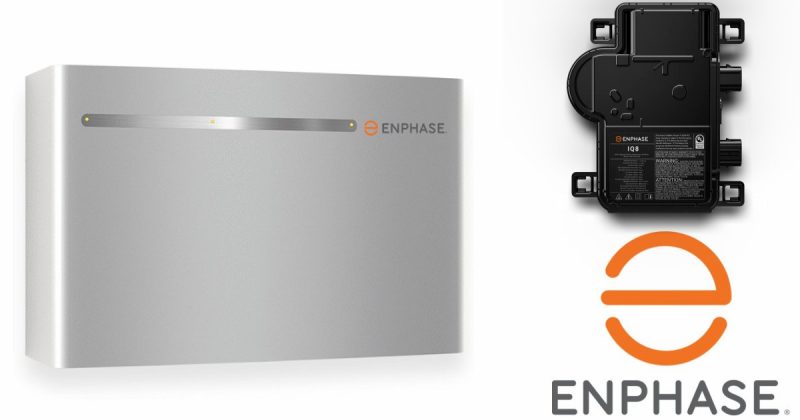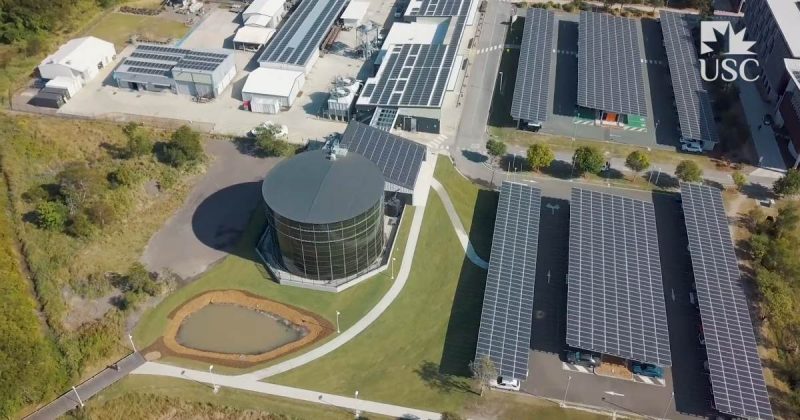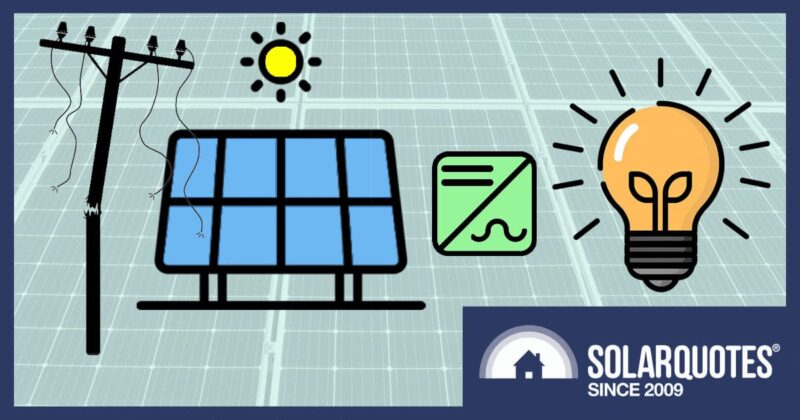Solar Installer Drone Use: Flying In The Face Of Regulations?
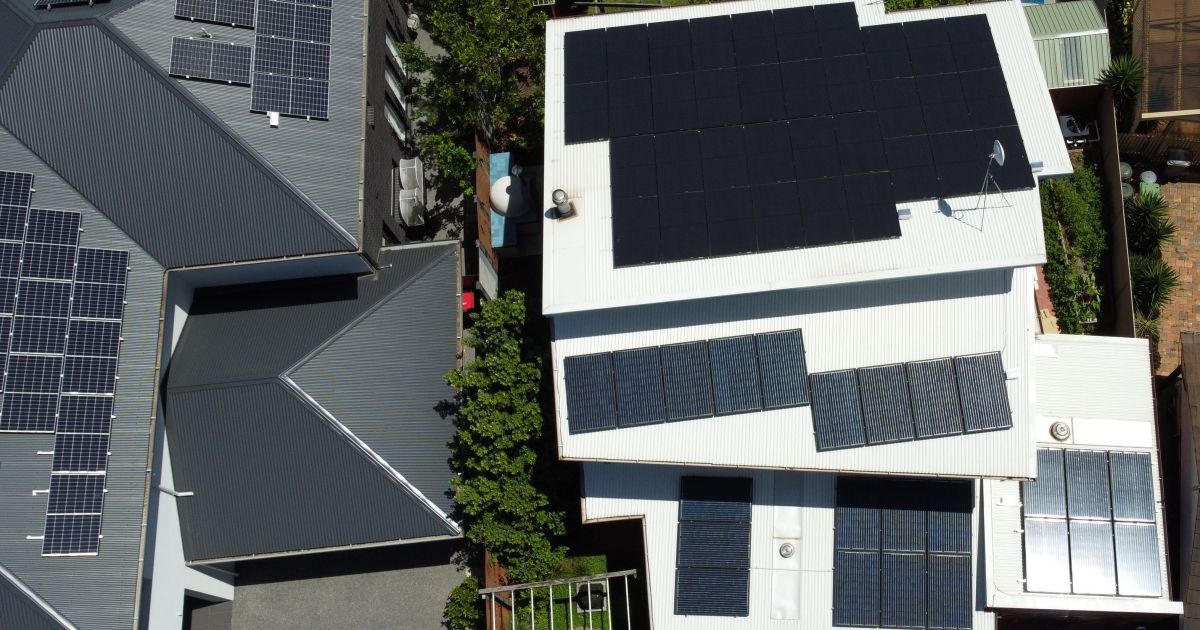
Solar installers are increasingly using drones for inspections, portfolio shots and other activities. But some may not realise the sky has limits, or what all of them are as there have been recent changes.
Great photography of rooftop solar power systems can be achieved using a drone – like the shot of SolarQuotes founder Finn’s solar installation above (right). Drone usage can also avoid the need to get up on a rooftop at times, and any time that can be avoided is a really good thing from a safety perspective.
But there are a bunch of rules and regulations surrounding drone use, some of which have changed in recent years that solar installers may not be aware of.
General Civil Aviation Safety Authority (CASA) rules of the road sky can be found here. But added to all that, if a drone is being used for business purposes or as part of your job:
- It must be registered, regardless of size.
- A remotely piloted aircraft (RPA) operator accreditation is required.
This applies to pretty much any drone activity in connection with a solar business – rooftop inspections, portfolio shots, etc.
Registration/Accreditation Is Pretty Painless, Free And Quick
Solar installers are generally very busy folks and no doubt not particularly keen on dealing with another layer of red tape beyond what they already have to. The good news is accreditation is free, can be obtained quickly online, and is valid for three years. The process involves watching a 5 minute video..
… and then answering 20 questions in a quiz. You’ll need to score 85% or higher to pass the quiz.
The online drone registration process is likewise quite straightforward, and includes getting a CASA aviation reference number (ARN).
It’s free to register drones that are 500 g or less. For drones weighing more than 500 g, a registration levy of $40 per drone applies. Each registration is valid for 12 months.
Regardless of how easy registration and accreditation may be, it’s just another thing to do in a life full of things to do, right? But not doing so can land you in hot water with CASA. Depending on the offence, CASA can issue a fine of up to $1,375 per offence. If the issue goes to court it can be even more.
While CASA appears to prefer an education/counselling approach when there are drone-related issues, it’s not something you want to rely on if you’re caught out operating an unregistered drone and/or without accreditation as part of your solar business activities.
Original Source: https://www.solarquotes.com.au/blog/solar-installers-drones-mb2828/

